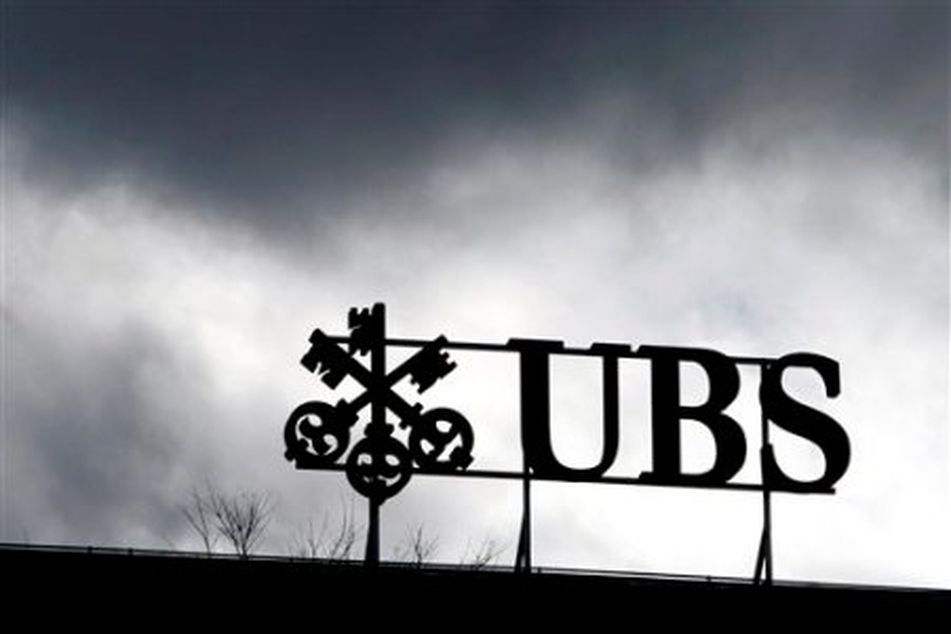UBS not out of the woods after latest Lehman settlement

Financial Services unit still facing scores of cases arising from sale of principal protection notes issued by doomed Wall Street firm
UBS Financial Services Inc.’s settlement with Finra yesterday over its sale of structured notes issued by Lehman Brothers Holdings Inc. doesn’t put the problem behind the company.
UBS still faces an unknown number of arbitration cases filed clients who bought the failed notes, as well as a case brought by New Hampshire regulators in June 2009.
The Financial Industry Regulatory Authority Inc. yesterday announced that UBS had agreed to pay a $2.5 million fine, plus $8.25 million in restitution to UBS customers who still hold Lehman “100% principal protection” notes purchased between March 17 and June 30 of 2008.
The period coincides with the failure of Bear Stearns. The subsequent concern about the soundness of other large securities firms caused UBS to stop selling the products after June 2008.
Lehman Brothers filed for bankruptcy protection in September 2008.
Yesterday’s settlement with Finra doesn’t prevent investor arbitration claims from proceeding, said plaintiff’s attorney Christopher Vernon, founding partner at Vernon Healy PLLC, who has about 30 cases pending against UBS related to the Lehman notes, with claims totaling about $10 million.
In fact, the Finra case, which alleged that UBS misinformed its own brokers about the products, should help his cases against the firm, Mr. Vernon said.
UBS already has lost several investor cases. Indeed, plaintiffs have won seven of the nine Lehman note cases that have gone through an arbitration hearing, according to Finra records.
A pre-hearing conference in the New Hampshire case is set for April 20, said Kevin Moquin, staff attorney in the New Hampshire Bureau of Securities Regulation.
“I’m not sure that [the Finra settlement] will affect us,” he said. New Hampshire’s charges cover “a different time period and products.”
Mr. Vernon thinks Finra’s case was too limited.
“Finra just went after low-hanging fruit,” Mr. Vernon said. “It only applies to people who bought from March to June of 2008, and only the 100% principal-protection notes.”
The firm faces a broader issue “of the deceptiveness of the principal-protection claim, regardless of the date of sale,” he said.
“We focused on this period because this is the timeframe when doubts about Lehman’s creditworthiness skyrocketed,” said Brad Bennett, Finra’s enforcement chief, in an emailed statement to InvestmentNews.
UBS spokeswoman Karina Byrne declined to comment beyond an earlier statement, in which the firm said it was pleased to resolve the Finra case, and that the “significant majority” of Lehman note sales “were conducted properly and any client losses were the direct result of the unprecedented and unexpected failure of Lehman Brothers.”The firm faces a broader issue “of the deceptiveness of the principal-protection claim, regardless of the date of sale,” he said.
Learn more about reprints and licensing for this article.








